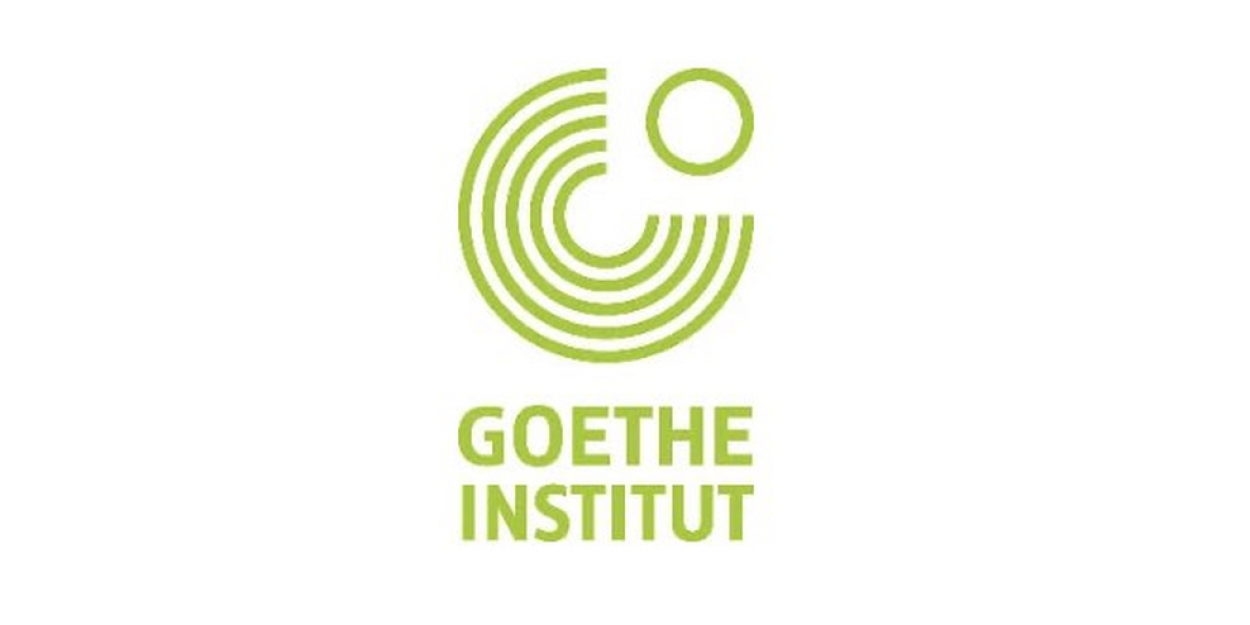Ludovico Ensemble: Works by Sara Glojnarić and Younghi Pagh-Paan Comes to Goethe-Institut Boston
The performance is September 15, 2024 at 7:30 PM.

The Goethe-Institut Boston will to present the Ludovico Ensemble in a concert of works by South Korean composer Younghi Pagh-Paan and Croatian composer Sara Glojnarić, both born outside Germany but now making their living as composers and composition teachers within the county. The concert explores the question of art in Germany as a global nation (second only to the US as a destination for immigrants) and asks the question of who or what represents Germany today.
This event is presented in partnership with the Goethe Institut-Boston and inspired by the Harvard Art Museums’ s exhibition “Made in Germany? Art and Identity in a Global Nation," opening September 13 and running through January 2025. The music performed dates from 1983 to 2019 and comes from Glojnarić, a young composer based in Leipzig and Pagh-Paan, who moved to Germany in 1974 and has been Professor of Composition at the Hochschule der Künste in Bremen since 1994.
Sara Glojnarić is a Croatian composer based in Leipzig, Germany. Her artistic practice explores pop culture, including its aesthetics, socio-political impact, collective memory, nostalgia and the intricate web of pop cultural data and their interactions.
Sara’s extensive body of work spans across various mediums, encompassing opera, orchestral compositions, chamber music pieces, video, as well as immersive multimedia and multi-sensory installations. Her pieces have been premiered by renowned contemporary music ensembles, such as Ensemble Musikfabrik, Klangforum Wien, Münchener Kammerorchester, RSO Wien & Marin Alsop, Trio Catch, Ensemble Recherche, Ensemble Mosaik, Ensemble Modern, Neue Vocalsolisten Stuttgart, Sarah Maria Sun, collective lovemusic, and ensemble handwerk, among many others. Her music has been performed at festivals including the ECLAT Festival Stuttgart, Wien Modern, Huddersfield Contemporary Music Festival, Ultraschall Festival Berlin, Wittener Tage für neue Kammermusik, Warsaw Autumn, and Music Biennale Zagreb.
Younghi Pagh‑Paan was born in 1945 in Cheondu, South Korea. From 1965 to 1971 she studied at the Seoul National University, prior to coming to Germany on a DAAD scholarship. From 1974 Younghi Pagh‑Paan studied at the Freiburg Musikhochschule, where her teachers included Klaus Huber (composition), Brian Ferneyhough (analysis), Peter Förtig (music theory) and Edith Picht-Axenfeld (piano); she concluded her studies in 1979.
She gained international attention through the performance of her orchestral work «SORI» at the Donaueschingen Festival in 1980. Her works, which seek to renew the nature of Korean musical culture by means of various Western composition techniques, aroused increasing interest at the most important new music festivals, and in concert series throughout Europe.
Younghi Pagh‑Paan has won numerous awards for her output: in 1978 the 1st Prize at the 5th Composers Seminar in Boswil (Switzerland), in 1979 the 1st Prize at the Rostrum of Composers (Unesco, Pads), as well as the Na‑Pa Music Prize in Korea, and in 1980 the 1st Prize of the City of Stuttgart. 1980/1981 she had a scholarship at the Südwestfunk's Heinrich‑Strobel-Stiftung, and in 1985 a scholarship from the Kunststiftung of Baden-Württemberg. In 1995 she was awarded the Heidelberg Artists Prize.
The Ludovico Ensemble is a Boston-based chamber ensemble specializing in modern music. Founded in 2002 by percussionist Nicholas Tolle, the group is known for its carefully curated programs focusing on specific and often unusual instrumentations. From 2007-2014, the group held the position of Ensemble-In-Residence at the Boston Conservatory. In 2010, the group released its first album featuring chamber music by the late Dana Brayton, former composition teacher at the Boston Conservatory. The Boston Globe hailed Ludovico’s recording of Marti Epstein’s Hypnagogiaas one of the best classical albums of 2015, and Alex Ross of The New Yorker called it a new release of interest. In 2016 the group released its third album featuring the music of Composer–In–Residence Mischa Salkind-Pearl.
The group consists of many of the best freelancers and new music specialists in Boston, and its instrumentation varies wildly from concert to concert as the repertoire demands. The group's name is a tongue-in-cheek reference to the fictional medical treatment featured in the Anthony Burgess novel and Stanley Kubrick movie "A Clockwork Orange," in which the protagonist is subjected to a classical conditioning regimen that induces nausea at the sight of violent or exploitative acts, but also, inadvertently, to the music of Beethoven.
Comments

Videos

